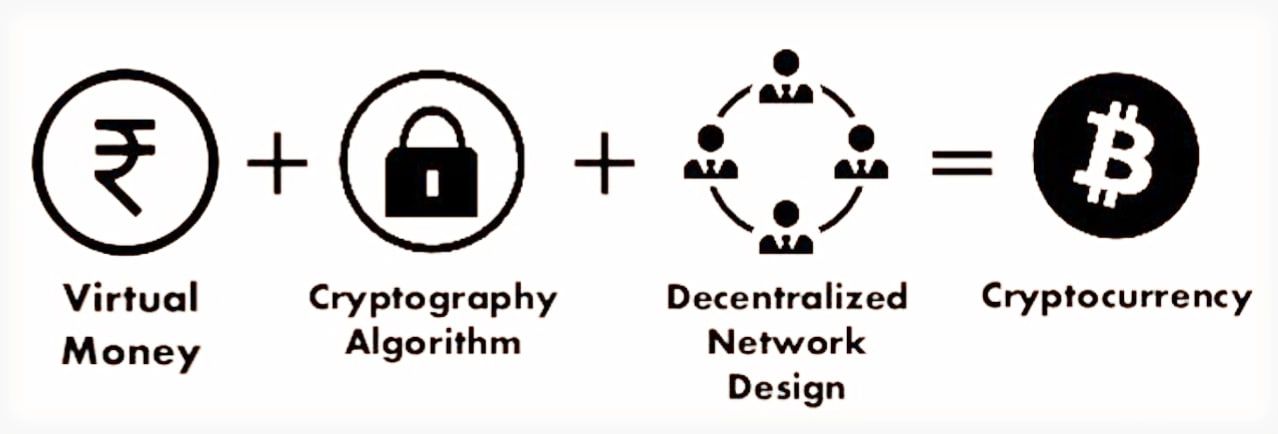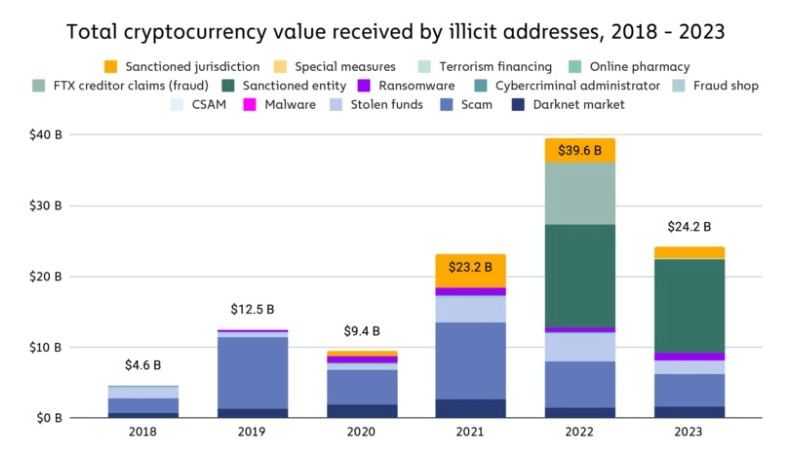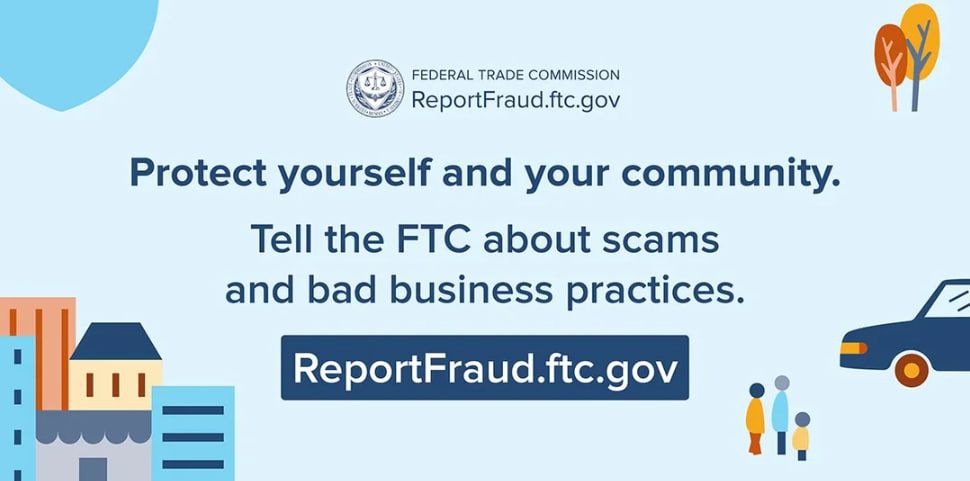Cryptocurrency has revolutionized the financial world, offering new opportunities for investment and innovation. However, this digital landscape is also rife with fraudulent schemes. In this guide, we’ll delve into the 9 most common types of cryptocurrency scams, how they work, and how you can protect your assets from falling into the wrong hands.
1. Quick Intro to Cryptocurrency
Before diving into cryptocurrency scams, first let’s familiarize ourselves with the concept of a cryptocurrency.
1.1 What is a Cryptocurrency?
Cryptocurrency is a decentralized digital money secured by cryptography. Unlike traditional currencies, it often operates independently without any central authority. Bitcoin, the first cryptocurrency, was created in 2009, followed by thousands of other cryptocurrencies like Ethereum, Litecoin, Paynet coin,… Each of these coins runs on a different blockchain, ensuring secure and transparent transactions.

1.2 How Do People Use Cryptocurrency?
Cryptocurrencies are used in various ways, including:
- Purchases: Some businesses accept cryptocurrencies for payments.
- Investments: People buy cryptocurrencies in hopes of profiting from holding/trading.
- Transfers: Crypto enables fast, low-cost cross-border money transfers.
- Decentralized Finance (DeFi): Cryptocurrencies allow users to engage in decentralized apps or financial activities like lending and borrowing without traditional banks.
1.3 How Do You Get Cryptocurrency?
You can acquire cryptocurrency in several ways:
- Buying on Exchanges: The most common method is purchasing via cryptocurrency exchanges like Coinbase or Binance.
- Mining: Users can earn cryptocurrency by verifying transactions on blockchain networks.
- Working for Crypto: Some businesses and individuals pay for goods or services in cryptocurrency.
- Receiving Airdrops: Cryptocurrency can be gifted through various airdrop program or events.
1.4 Where Do You Store Cryptocurrency?
Cryptocurrencies are digital money, that’s why they can only be stored in 2 types of special wallets: hot wallets and cold wallets.
Hot wallets are online and connected to the internet, making them convenient for accessing and interacting with decentralized applications (dApps), though they are more susceptible to hacking. On the other hand, cold wallets are offline and typically consist of a string of numbers and letters (private key) stored on hardware devices, offering greater security, especially for long-term storage.
Please note that if you lose access to your wallet, by forgetting your private key for example, you will also lose all the cryptocurrencies stored there.
1.5 How is Cryptocurrency Different from U.S. Dollars?
Cryptocurrency differs from traditional currencies like U.S. dollars in several key ways, primarily because it exists solely in digital form.
- No Government Backing or Insurance: Unlike U.S. dollars, which are backed and insured by the government (such as FDIC insurance for bank accounts), cryptocurrency accounts don’t have this safety net. If your crypto wallet is hacked, or the company holding your funds goes out of business, there is no government protection to help you recover your lost assets.
- Volatility and Value Fluctuations: Cryptocurrency values are highly volatile, often changing drastically in short periods. Unlike traditional investments like stocks or bonds, the value of a cryptocurrency can swing widely. What may be worth thousands today could plummet to hundreds tomorrow, with no guarantee of recovery.
2. Brief Overview of Cryptocurrency Scams
Cryptocurrency scams are becoming increasingly sophisticated, preying on the growing number of individuals investing in digital assets. Scammers use deceptive methods to steal funds, access personal information, or manipulate markets. Understanding these scams is crucial for anyone involved in the crypto space.
2.1 What is a Crypto Scammer?
A crypto scammer is an individual or group that uses fraudulent tactics to deceive victims into giving their cryptocurrency or personal information. They often operate anonymously, making it difficult for law enforcement to track them down.
Scammer crypto typically exploits the decentralized and unregulated nature of the cryptocurrency market, offering fake investment opportunities, manipulating exchanges, or stealing from wallets.

2.2 How Do Cryptocurrency Scams Work?
Cryptocurrency scams operate through different methods, each designed to trick users into giving their funds, private keys, or personal information.
Common methods include phishing attacks where scammers impersonate legitimate platforms to steal login credentials, Ponzi schemes that promise high returns, or fake giveaways that trick users into sending cryptocurrency as a prepayment. Savvy scammers may also create fake ICOs or DeFi projects to collect funds before disappearing.
Nowadays, learning the common methods of cryptocurrency scams has become essential before taking your first step into the crypto market.
3. 9 Most Common Types of Cryptocurrency Scams
Cryptocurrency scams come in many forms, each with its own level of sophistication. By recognizing them, you can stay vigilant and protect your investments. Below are some of the most common types of cryptocurrency scams you might encounter.
3.1 Phishing Scams
Phishing scams are among the most prevalent in the cryptocurrency world. Scammers often impersonate legitimate entities, like exchanges or wallet providers, to trick users into sharing their private keys or login credentials. These attacks typically occur through:
- Fake Emails: Scammers send emails that mimic official communication from exchanges, encouraging victims to click on malicious links or download malware.
- Fake Websites: Cybercriminals create replica websites of well-known exchanges or wallet providers. When users enter their credentials on these fake sites, their data is captured, and their funds are drained.
3.2 Ponzi and Pyramid Schemes
Ponzi schemes and pyramid schemes have made their way into the cryptocurrency space. These cryptocurrency scams promise high returns with little or no risk, typically asking people to invest in a new coin or trading program. Early investors are paid out with the money from new recruits, creating the illusion of a legitimate operation.
However, these schemes eventually collapse when new recruits dry up, leaving later investors with significant losses. Famous examples like BitConnect highlighted the dangers of such schemes, where users were promised guaranteed returns but eventually lost billions.

3.3 Fake ICOs (Initial Coin Offerings)
During the height of the cryptocurrency boom, Initial Coin Offerings (ICOs) became a popular way for new blockchain projects to raise funds. Unfortunately, scammers took advantage of this trend by creating fake ICOs. These fraudulent projects entice investors to buy tokens for a non-existent or unfinished platform, only for the scammers to disappear with the funds after the ICO closes.
Scammers often use professionally designed websites and fabricated whitepapers to make their fake ICOs look legitimate. The best way to avoid falling victim to fake ICOs is to thoroughly research any project, looking for transparency, reputable developers, and clear use cases for their token.
3.4 Fake Exchanges
Fake cryptocurrency exchange scams are another common one targeting those unfamiliar with the blockchain space. Scammers set up seemingly legitimate platforms, offering attractive rates or promotions to lure in users. Once users deposit their funds, the exchange either blocks them from withdrawing or shuts down entirely, disappearing with the users’ cryptocurrency.
These scams are often promoted through social media ads or phishing emails, and they can be difficult to identify, as the websites look almost identical to real exchanges. Checking the legitimacy of an exchange by verifying its reviews, licensing, and history is a critical step in avoiding these types of cryptocurrency scams.
3.5 Pump and Dump Schemes
In a pump and dump scheme, scammers artificially inflate the price of a cryptocurrency by spreading false information, often in online communities or social media platforms. Once the price rises due to increased interest, the scammers sell off their holdings at the peak, causing the price to crash and leaving other investors with significant losses.
These schemes often target smaller, less-liquid cryptocurrencies, where it’s easier to manipulate the price. It’s important for investors to be wary of hype-driven price increases and to do their own research before buying into a sudden spike in value.
3.6 Rug Pulls
A rug pull scam is similar to Pump-and-Dump schemes, but it involves the developers or founders of the crypto project. The plan is to suddenly withdraw all funds from the liquidity pool, leaving all other investors with worthless tokens. This scam is particularly common in decentralized finance (DeFi) platforms, where developers can easily list new tokens on decentralized exchanges without regulatory oversight.
Rug pulls often occur in projects with anonymous teams, offering flashy websites and promising quick returns. Investors can protect themselves by thoroughly vetting the team behind a project and avoiding tokens with limited liquidity or unclear use cases.

3.7 Giveaway Scams
Giveaway scams have gained popularity, especially on social media platforms like Twitter or Telegram. In this scam, fraudsters impersonate well-known personalities or crypto influencers, promising to give away large amounts of cryptocurrency in exchange for a smaller upfront payment. Victims are led to believe that they will receive a larger sum in return, but once they send their cryptocurrency, the scammer disappears without a trace.
These scams often use fake social media accounts or hacked verified profiles to appear legitimate. To avoid falling for these schemes, it’s crucial to remember that no reputable person or company needs their user to prepay cryptocurrency to other wallets as part of a giveaway.
3.8 Crypto Investment Schemes
Crypto investment scams often involve fraudsters who present themselves as expert investors or financial advisors, enticing individuals with the promise of managing their cryptocurrency investments for guaranteed returns.
These scammers typically lure victims by claiming to possess insider knowledge or advanced trading algorithms capable of delivering substantial profits. They request that victims transfer their cryptocurrency into a so-called “investment account,” which is actually controlled by the scammers.
Once the funds are transferred, these con artists vanish, leaving investors empty-handed. To avoid falling victim to such schemes, it is essential to maintain control of your assets and be wary of anyone who promises unrealistic returns.
3.9 SIM Swapping
SIM swapping is a particularly dangerous scam that enables criminals to take control of a victim’s mobile phone number, giving them access to vital two-factor authentication (2FA) codes and, consequently, the victim’s cryptocurrency accounts.
In this scheme, scammers typically contact the victim’s mobile service provider and manipulate them into transferring the victim’s phone number to a new SIM card. This gives the scammers complete access to the victim’s calls and text messages. With control over the phone number, they can bypass 2FA protections and reset the passwords for exchange or wallet accounts, effectively gaining full control over the victim’s funds.
To mitigate the risk of SIM swapping, individuals should use app-based 2FA instead of relying on SMS and should implement additional security measures with their mobile carrier.
4. How to Protect Yourself from Cryptocurrency Scams?
Staying safe from cryptocurrency scams requires careful research, secure practices, and staying informed. Here’s how you can protect yourself.

Research Before Investing
Before engaging with any crypto project or platform, always verify its legitimacy. Scammers often create fake websites or impersonate reputable companies. Check reviews, community feedback, and trusted sources to confirm their authenticity. Avoid promises of high or guaranteed returns—these are often signs of cryptocurrency scams.
Use Reputable Wallets and Exchanges
Please make sure you use secure wallets from trusted providers. For long-term storage, hardware wallets are the safest choice. Software wallets should only be downloaded from official sources. When using exchanges, opt for regulated platforms with strong security features like FMCPAY exchange that comes with two-factor authentication (2FA).
Enable Two-Factor Authentication (2FA)
Always enable 2FA for your accounts, preferably using app-based authentication like Google Authenticator. Avoid relying on SMS-based 2FA, which can be vulnerable to SIM swapping attacks. Regularly update your passwords and make sure they are unique for every account.
Do Not Store Private Keys on Digital Devices
The risk of being attacked by malicious software, apps, and websites is increasing. Despite this, many traders still habitually note or take screenshots of their private keys and store them on their computers/smartphones. To enhance security, only write down your private key on paper or a physical notebook and keep it in a safe place.
Stay Informed
Crypto scammers constantly change tactics. Stay up-to-date by following news outlets or blogs that share the latest security threats and cryptocurrency scams, like crypto insights section from FMCPAY homepage. This can help you identify potential risks early on.
5. What to Do After Falling for Cryptocurrency Scams?
If you’ve fallen victim to cryptocurrency scams, quick action is essential. While recovering stolen cryptocurrency can be extremely challenging due to its decentralized nature, there are several steps you can take to try to mitigate the damage and prevent further losses.
5.1 Secure Your Accounts
As soon as you realize you’ve been scammed, immediately secure your other cryptocurrency accounts to prevent further losses. Change your passwords, enable two-factor authentication (2FA) on all accounts, and check for any unauthorized activity. Consider transferring the remaining funds to a more secure wallet, a hard wallet for example.
If you used your phone number for 2FA and suspect SIM swapping scam, contact your phone service provider immediately to regain control of your phone number and add extra security measures, such as a PIN or password on your account.
5.2 Report the Scam Immediately
After secure all your other assets, make a report to the platform or exchange where the scam occurred. If you transferred funds through a specific wallet, inform them immediately about the fraudulent activity. Some platforms may be able to freeze accounts or block further transactions if action is taken quickly.
Additionally, depending on the severity of the scam and local laws, you may want to contact the relevant authorities. In the U.S., you can report cryptocurrency scams to agencies such as the Federal Trade Commission (FTC), the Securities and Exchange Commission (SEC), or the Internet Crime Complaint Center (IC3).
These agencies can help track criminal activity, and while recovery may not be guaranteed, your report can contribute to ongoing investigations that might prevent further harm.

5.3 Track Transactions
While transactions can’t be reversed, you can trace where the stolen funds have gone using blockchain explorers like Etherscan or Bscscan. If the funds were transferred to an exchange, law enforcement might be able to track them through the exchange’s Know Your Customer (KYC) processes. This information can be shared with law enforcement or used to help prevent future crimes.
5.4 Alert Others
Cryptocurrency scams often target multiple individuals. By sharing your experience, you can help others avoid falling into the same trap. Post on cryptocurrency forums, social media, and online communities to alert others about the scam. Many online platforms have dedicated spaces for reporting fraud, and your warning could prevent someone else from becoming a victim.
Conclusion
As the cryptocurrency market continues to expand and evolve, it will remain an attractive target for scammers. By educating yourself about how cryptocurrency scams work and following security practices, you can protect your assets and reduce your risk of falling victim.
Don’t forget to stay tuned with FMCPAY for more up-to-date news, helpful tips, and crypto insights!

